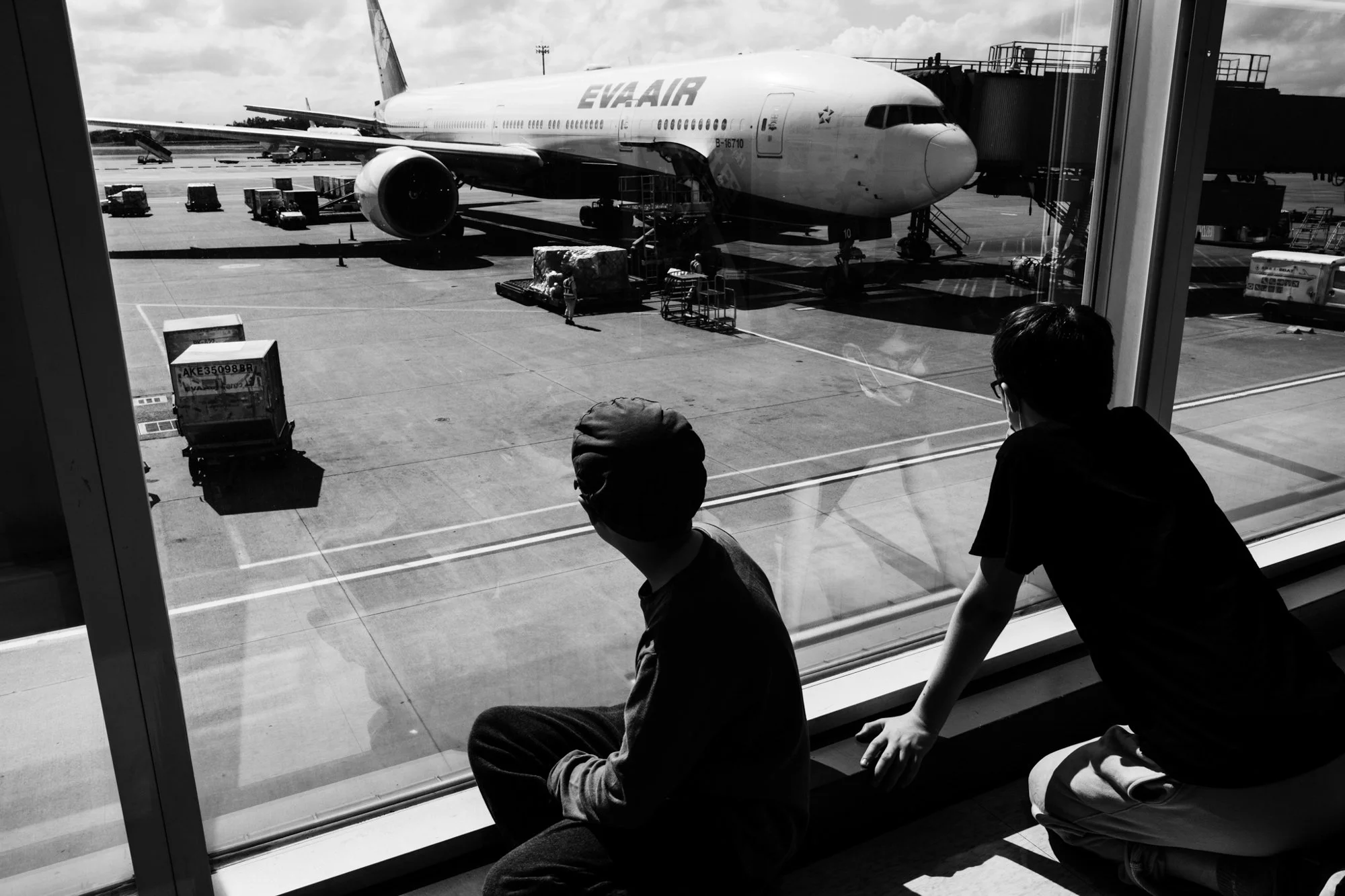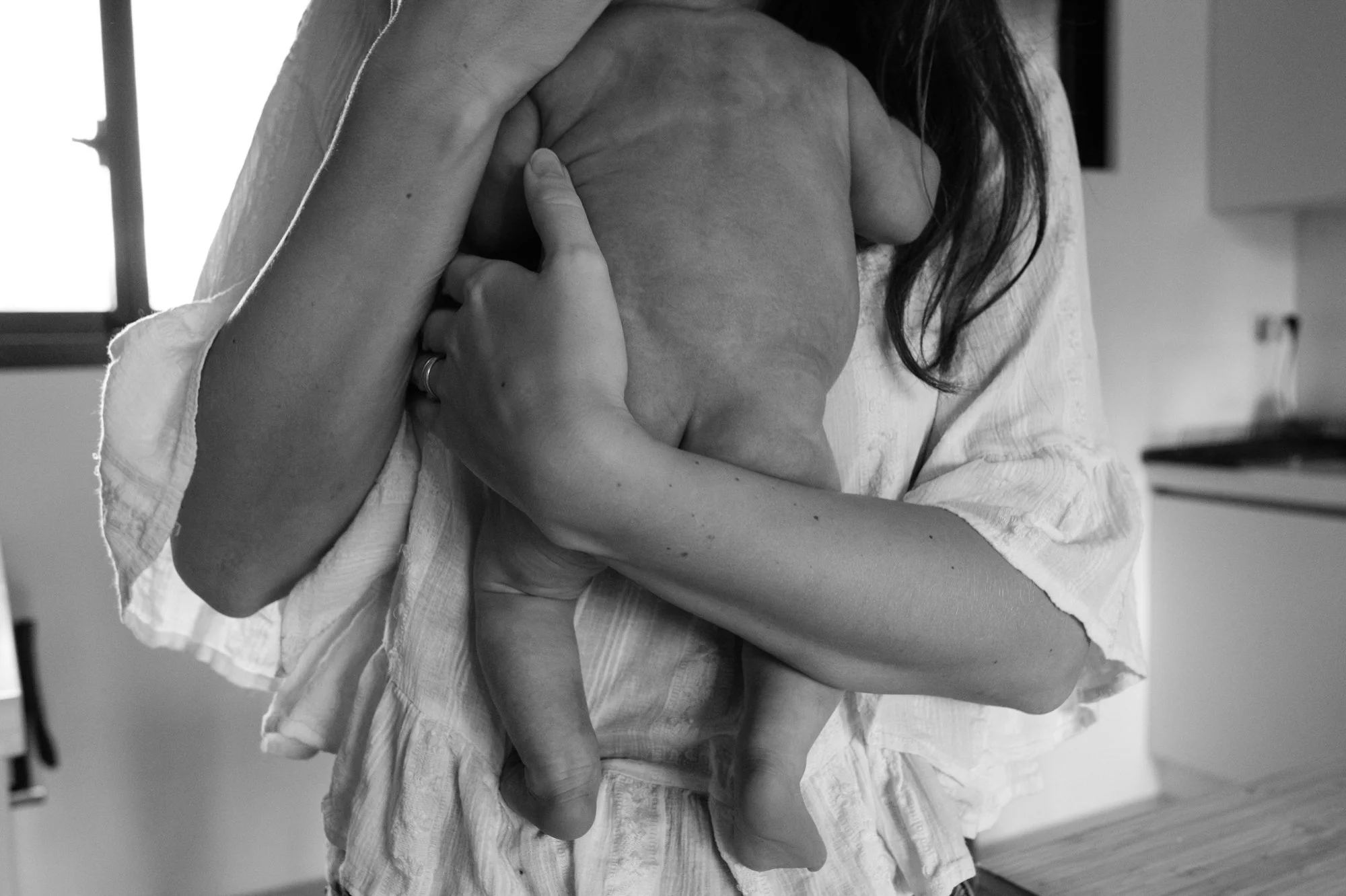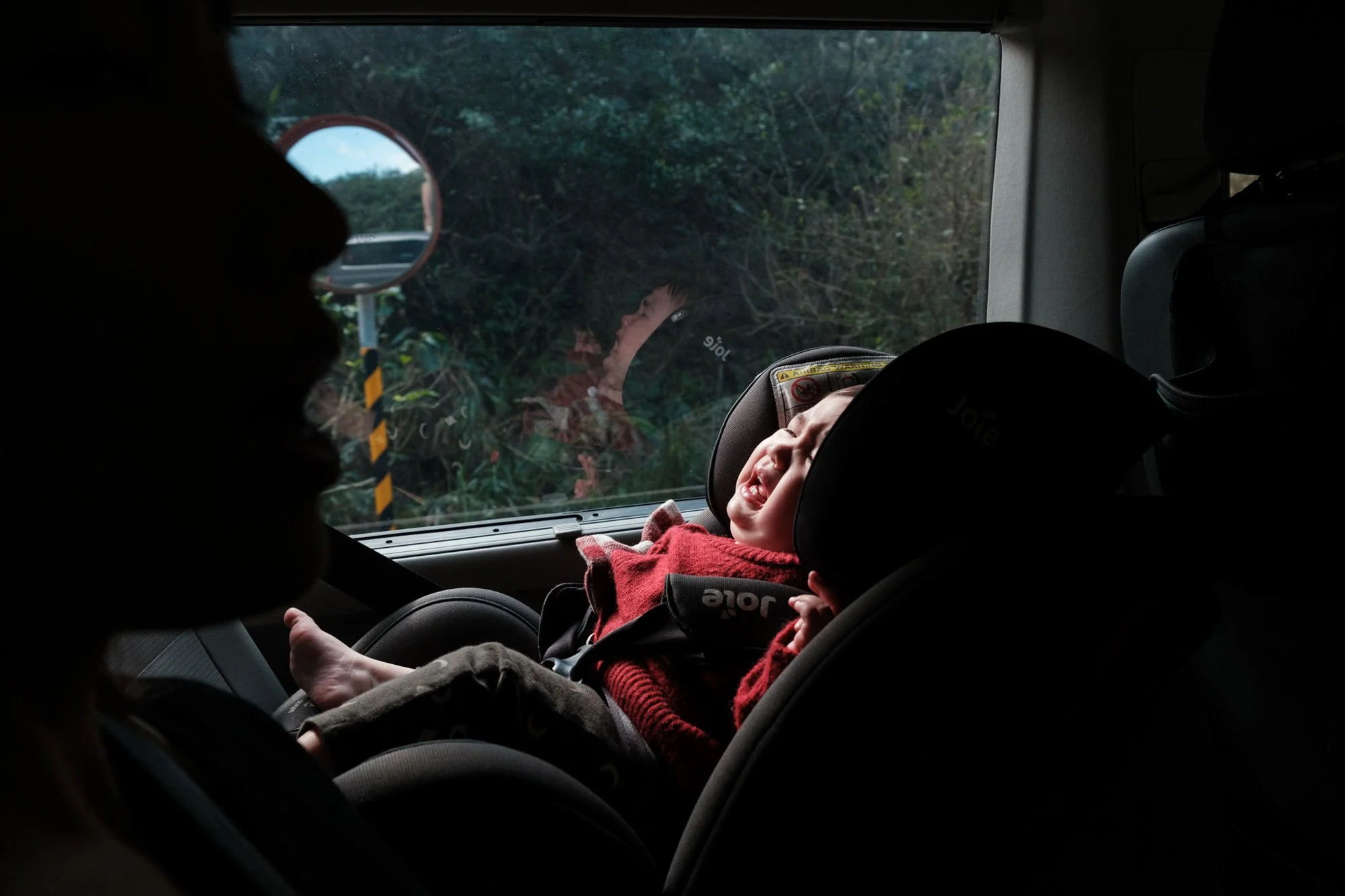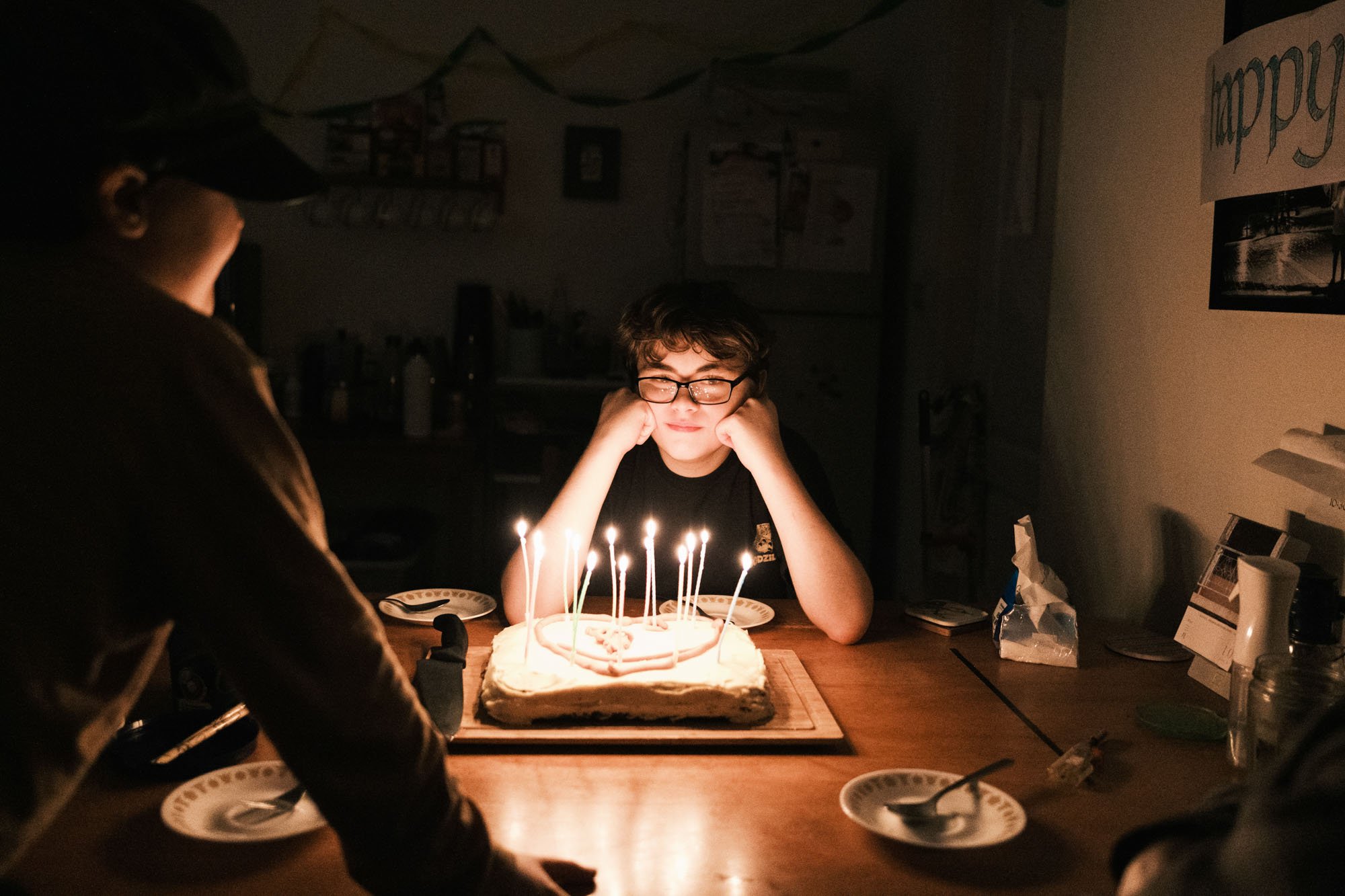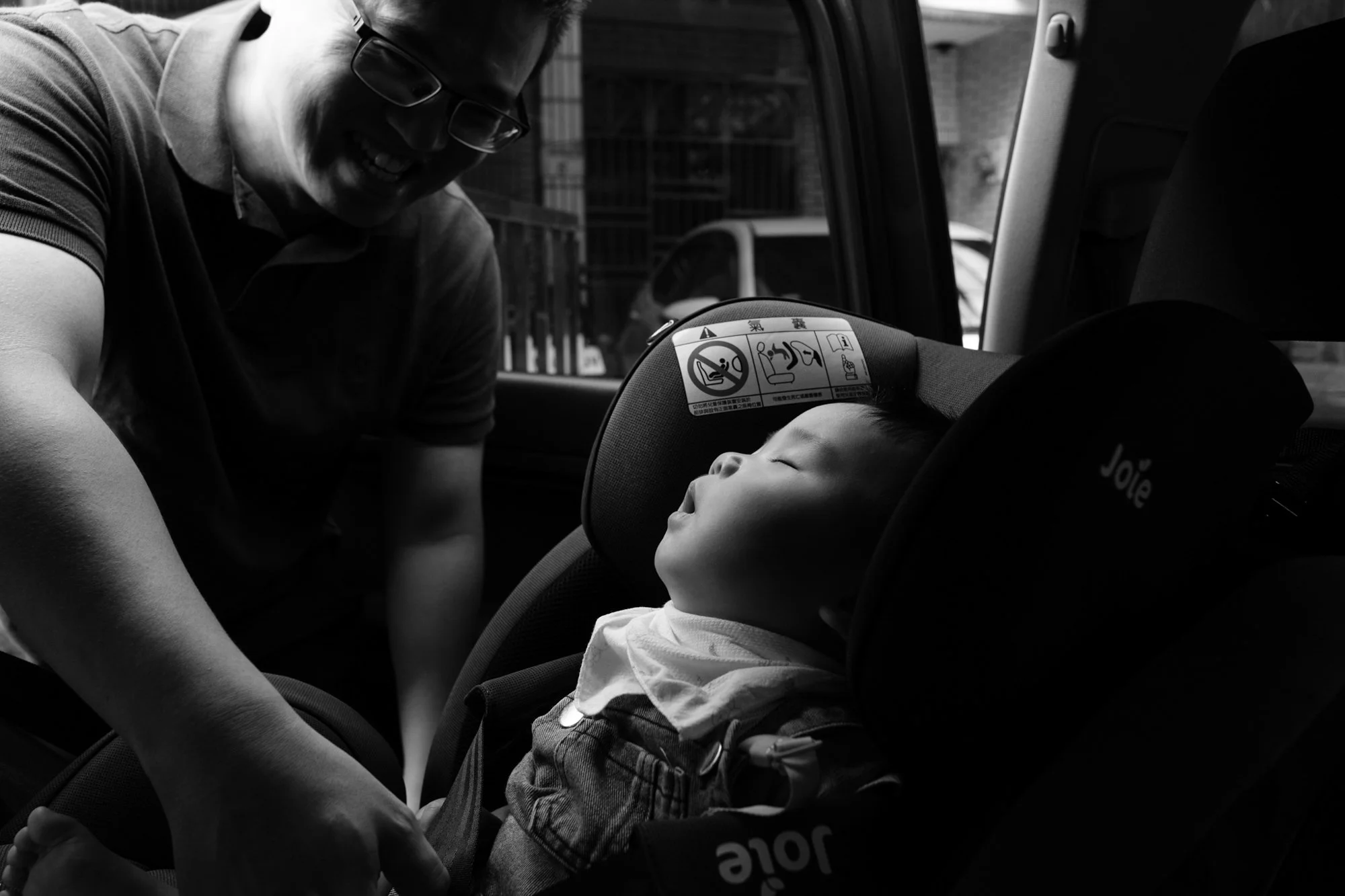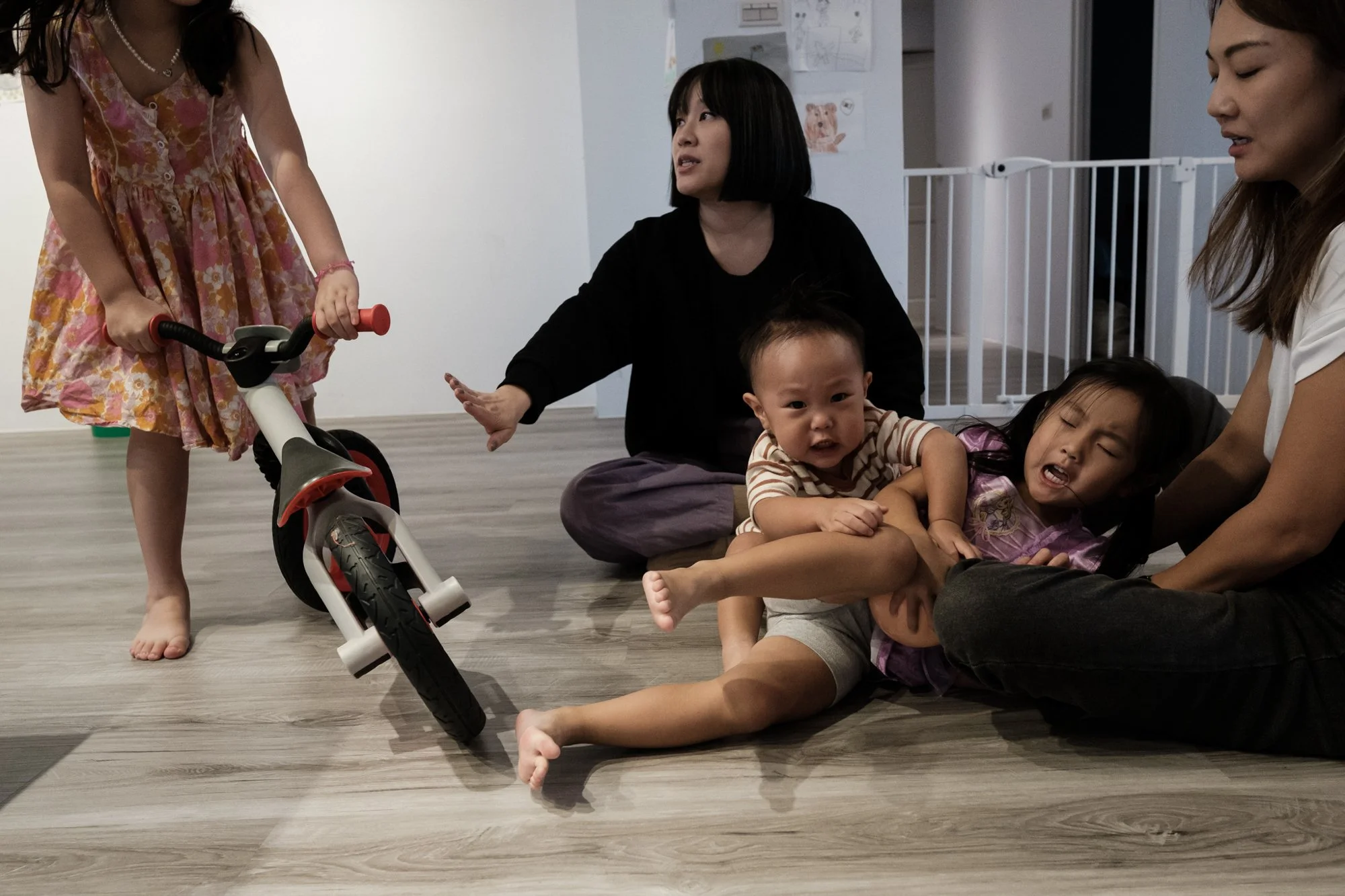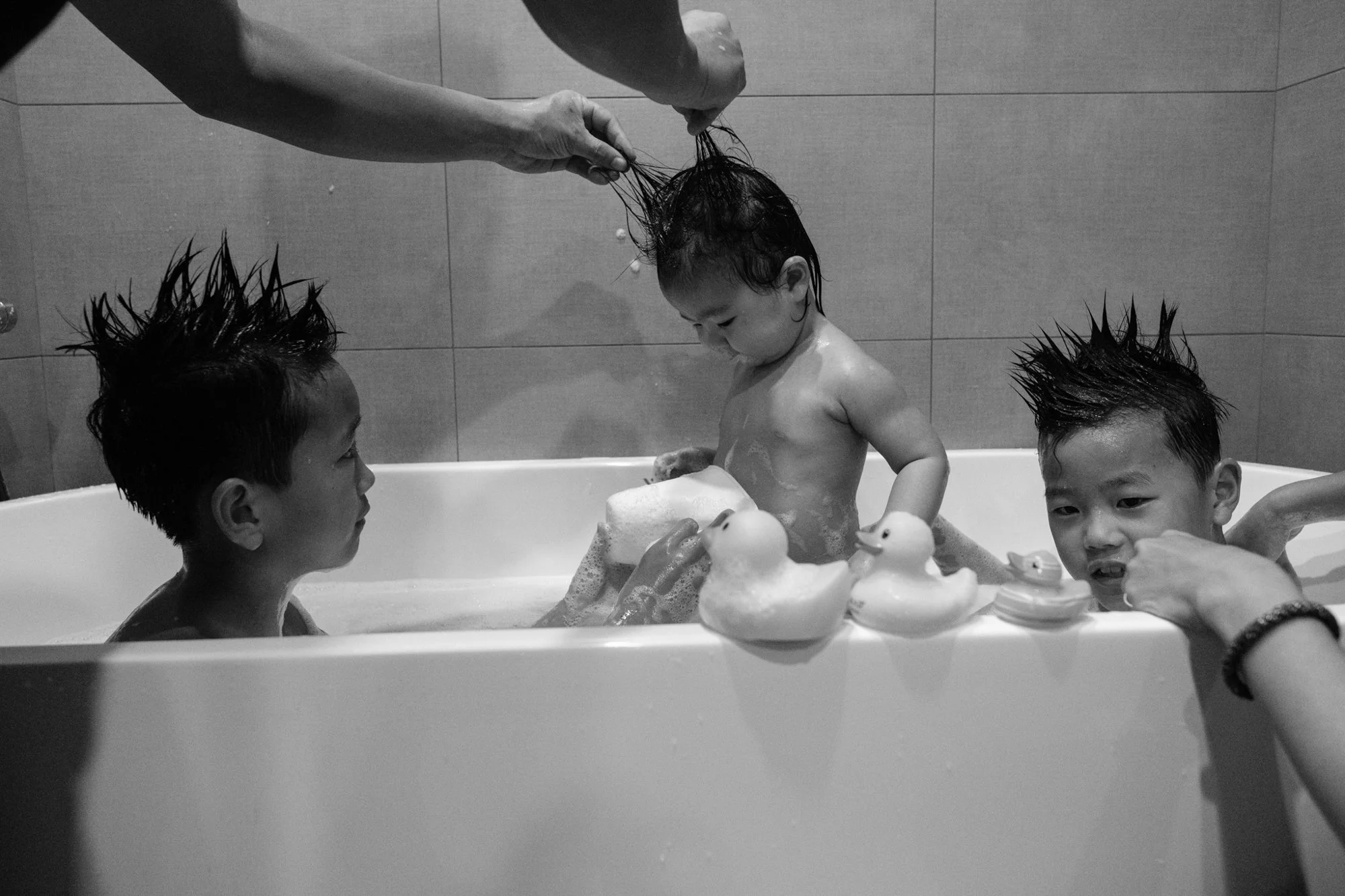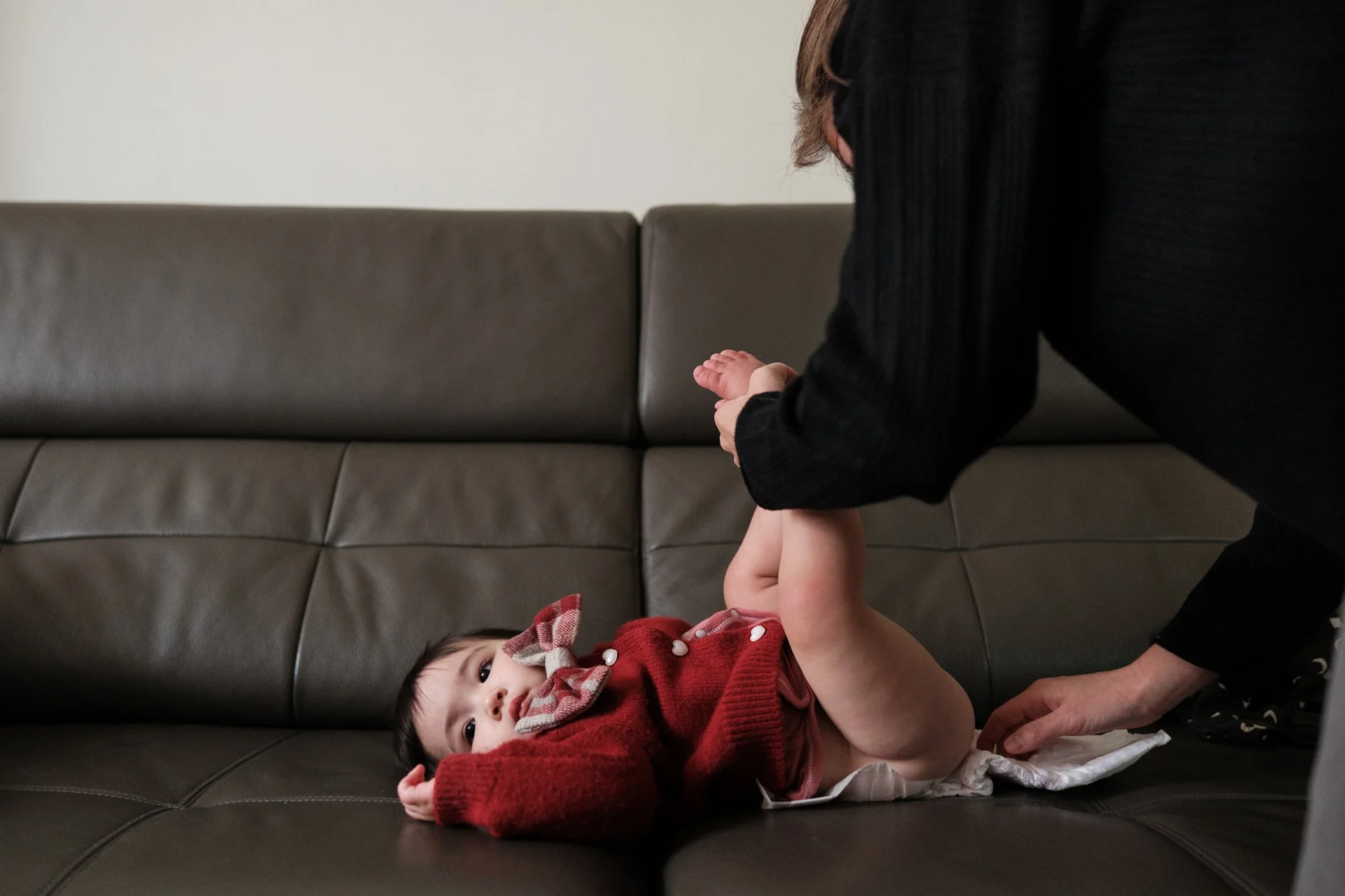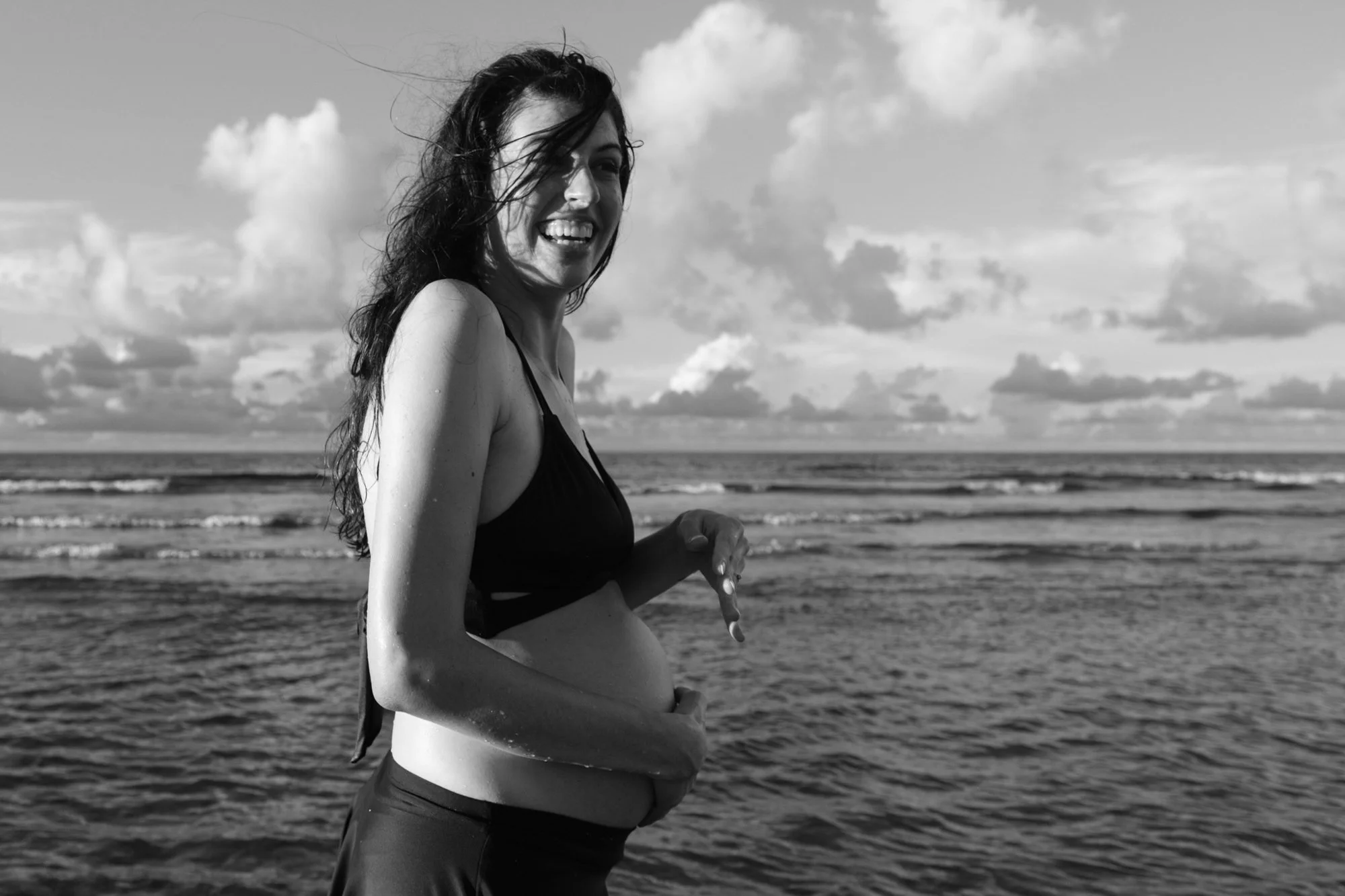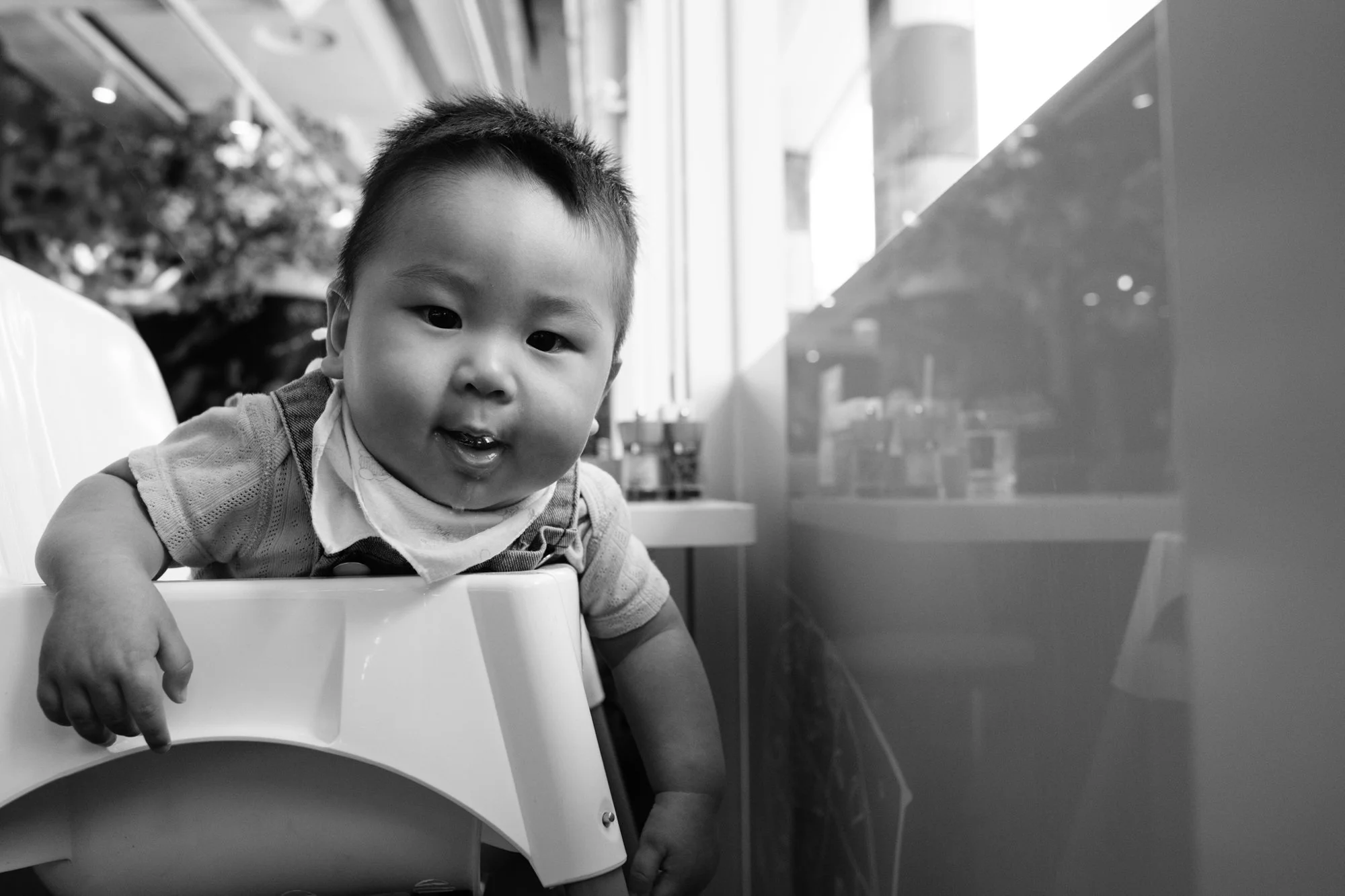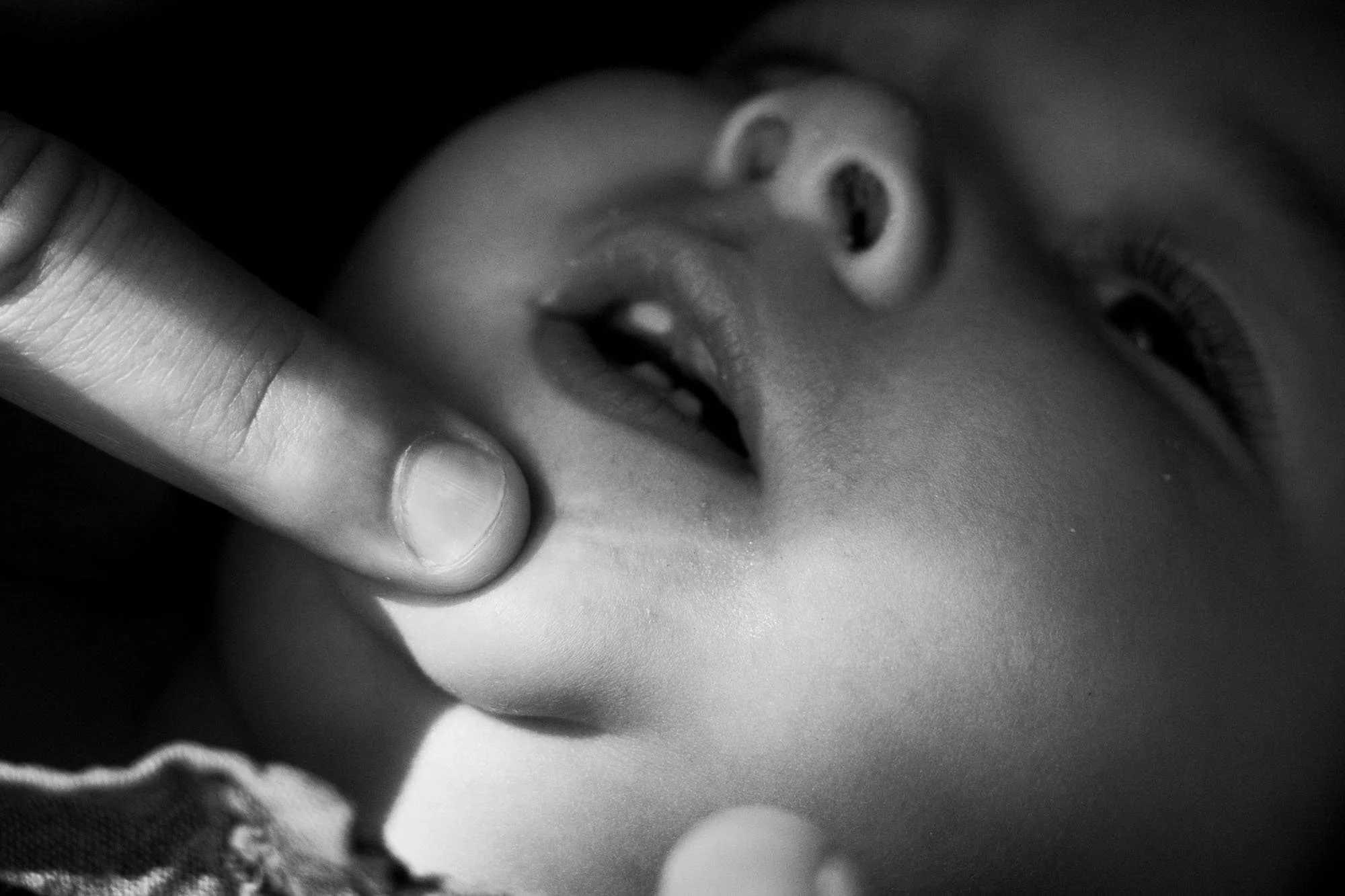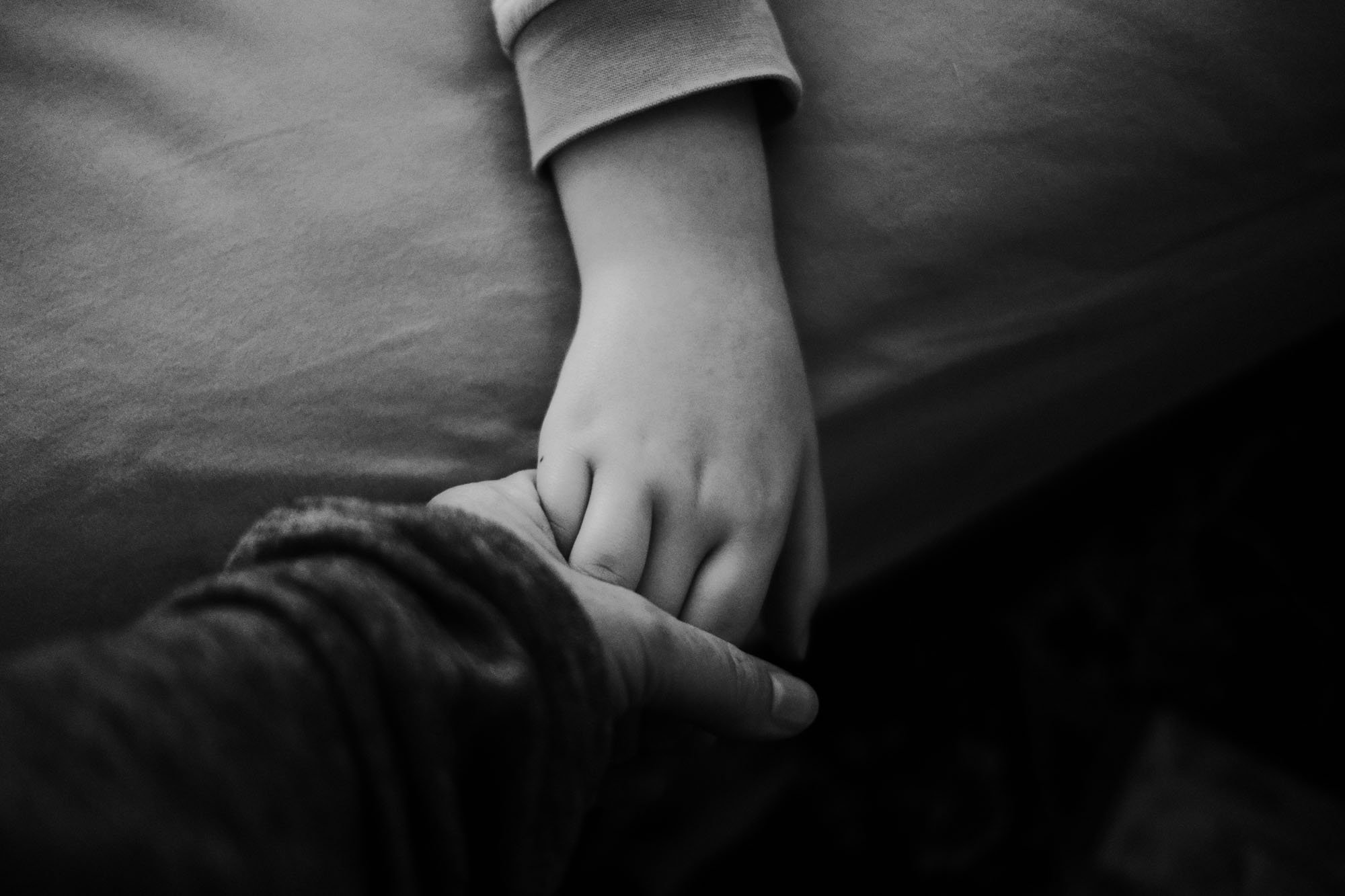How to Take Pictures of Your Kids (Part 1: Mindset)
This is a weird title for a blog post, because obviously, all you have to do to take a picture of your kid is point your phone at them and press the camera button. I’m not talking about the technical aspect of taking pictures of your kids, though (at least not in this post). I’m talking about how to get in the headspace that’ll allow you to document your life with your kids while both living in the moment and thinking about the future. This is a difficult balance to strike, and I don’t always do it perfectly. In fact, it’s easier for me to do this for other people’s families because during a session, my only responsibility is to take photos! Believe me, I know how hard it is to think about what photos will matter to you in the future while also living your life. Good news, though—we don’t have to do this perfectly! Documenting your life is the kind of thing that yields big rewards with even just a little bit of effort. Below are some tips that have helped me to photograph my own kids even as I had to use my brain to keep them fed and clothed.
Always Have a Camera on You
This first tip is both the easiest and the hardest to implement. First for the good news: special camera gear doesn’t matter when it comes to documenting your life with your kids (unless you want to make big prints for your wall). A camera phone is fine! What makes this hard, however, is that most of us don’t want to constantly have our phone in our hands when we’re with our kids. There are two ways to handle this:
Fully lean into the fun of cameras and get a small, compact camera to take with you everywhere (this is what I did; be warned that you might become obsessed and go down the expensive camera rabbit hole).
Make your phone as boring as possible so you aren’t tempted to scroll every time you take a photo; streamline your camera app in a way that allows you to open it quickly with minimal effort.
Whatever route you choose, the trick is to make carrying your camera with you thoughtless and effortless. Any amount of friction will make you less likely to have your camera when a great moment happens.
HOWEVER: Heed my warning! If you use your phone as your camera, make sure your photos are being backed up somewhere other than social media. Do not trust your phone, Facebook, or Instagram to store your memories! Read this blog post for advice about what to do with your photos.
Be Future-Minded
I’m going to share a painful truth with you: documentary photography is often a practice in delayed gratification. It’s difficult to know what photos will be the most meaningful before they’ve had time to marinate. Add to this that it’s hard to recognize what’s special about our own lives because we’ve grown used to our routines—this is another instance where photographing other families is easier than photographing your own.
The key is to think about what photos will be important to the future you or your kids in the future. To help you do that, I’m going to ask some questions:
Which photos from your childhood do you like to see most and why? Are there any pictures you wish you had but don't?
What would you like your child(ren) to remember about their childhood and why?
What do you want to remember 20-30 years from now about this time in your life? Think about aspects of your daily life that make you happy or say a lot about who your family is and what you value.
Are there any special physical features about your children that you know will change?
Is there something interesting/special/fleeting about your life together that you'd like to remember?
Is there anything specific about living in/visiting <insert place> that you want to be able to look back on?
Is there a daily ritual or something about your daily routine that you've crafted with intention and love?
The funny thing is that thinking about what photos the future you will appreciate allows you to notice and enjoy the present. I think this quote from poet Mary Oliver sums this phenomenon up better than I ever could: “Attention is the beginning of devotion,”
Being intentional about noticing what’s good about your life cultivates that devotion.
Know When to Let the Photo Go
I know this tip seems like the opposite of what I said above, but always remember that the photo is secondary to the experience. Photos matter because they capture moments in time, but what good are they if obsessing over capturing everything steals more time than it preserves? Just accept this now: you will miss photos, and that’s okay. There will be times when you just can’t pick up your camera because you have to deal with blood or tears or poop. Remember that being intentional about documenting your life is a good thing because it breeds devotion and you will preserve much of your family’s story for the future you, your future kids, and even future generations. We’re not in this with the idea that we’ll capture every moment every time.
Perfection is Overrated
Not only is perfection impossible, it’s boring. Think about photos that you love (ones that have had time to marinate). Are they the photo where everyone is in fancy clothes looking perfect, or is it the slightly blurry one where your husband has a bewildered look on his face because he was making the baby fly like an airplane and he spit up directly into his open mouth? Remember that when it comes to documenting your life, we’re playing the long game. Refer to my future-minded questions above to get yourself into the mindset of a documentarian and capture moments, not perfect scenes. Having trouble finding the moments? Read the Mary Oliver quote above and practice paying attention— it’ll breed devotion.
And lastly, are you afraid to get in the photo yourself because you don’t like the way you look? I know it’s hard; as a plus-size woman I struggle with this MAJORLY. I’ll be honest, you just have to say fuck it and get in the photo. Allow yourself to feel what you feel; let that feeling of discomfort wash over you and then calmly tell yourself this: I feel this way because I’ve been programmed from a young age to believe that there is a right way and a wrong way to look; that certain bodies and lives are worthy of celebrating and others are not. I may not be able to undo this programming overnight but I will still choose to not let this ingrained message rob my children from seeing photos of their mom/dad.
Then, if you have to, don’t look at the photo for a while. The first step is to get in the photo; later, we can work on looking at and even liking the photo. What matters is that you were there and the people who love you (who, I guarantee, don’t care or even notice your perceived flaws) will be able to look back on it.
Want some extra help? Bring me in to photograph your life!
As I mentioned several times in this post, it’s hard to document our own life. I find it hard, and I do this for other families all the time! I believe everyone would benefit from developing the skill of noticing and documenting moments because it helps us to know and love our own story (and will hopefully help our story be known and loved by others). I hope everyone develops the muscle to do this as a daily practice in attention and devotion with whatever camera is available to them. However, do you sometimes just want to devote 100% of your brain to living your life with no thought to taking photos? Do you want someone who has experience in seeing and noticing what’s special about family life to document your story in an artful way with a camera that can produce big, wall-worthy prints? Feel free to look at the documentary family photography sessions that I offer—I’d love to help!
In the meantime, I hope these tips give you a place to start in your practice of attention-devotion. The practice is worth it!

